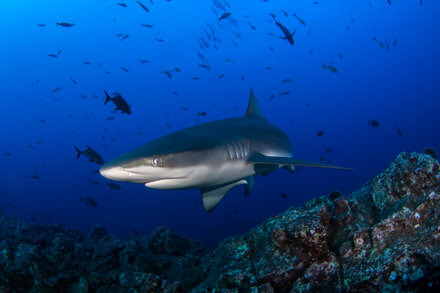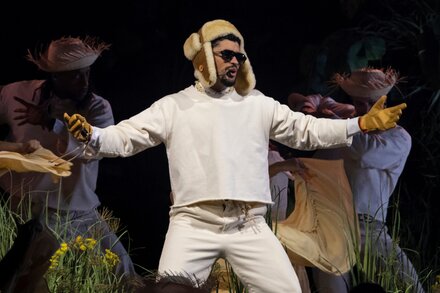European nations are reporting an intensified pattern of Russian aggressive actions and destabilizing maneuvers across the continent, prompting growing concern among political and security leaders. The provocations range from airspace violations to cyberattacks and suspected electoral interference, signaling a heightened state of tension in the region.
These actions, described by some officials as “hybrid warfare tactics,” are not direct military assaults but are designed to test defenses, sow discord, and undermine stability within European states and alliances like NATO. Reports indicate a noticeable uptick in frequency and boldness compared to previous periods, affecting various strategic areas.
Particular focus has been drawn to incidents near NATO’s eastern flank. Poland, in particular, has reported an increase in unauthorized drone overflights near its borders, which its defense ministry described as potential reconnaissance missions. These aerial incursions often occur in conjunction with large-scale Russian military exercises or during periods of heightened political sensitivity. Experts suggest these drone activities aim to gather intelligence on military infrastructure and response capabilities, potentially mapping out response times and strategic vulnerabilities.
Further south, concerns are mounting over alleged Russian interference in internal political processes, notably ahead of key elections. Moldova, a country with historical ties to Moscow and an ongoing pro-Western reform agenda, has been identified by multiple intelligence agencies as a target for extensive disinformation campaigns and cyberattacks. These efforts appear designed to influence public opinion, exacerbate internal divisions, and potentially destabilize the democratic process ahead of upcoming polls, according to security analysts.
European leaders have vocally condemned these actions, calling for vigilance and unity. High-ranking officials have emphasized the need for a coordinated response to what they describe as a deliberate strategy to test European resolve and coherence.
“We are witnessing a clear and concerning escalation of actions designed to probe our defenses and sow division,” stated a senior European diplomat, speaking on condition of anonymity due to the sensitivity of ongoing discussions. “These are not isolated incidents; they are part of a concerted pattern that demands a robust and unified European response.”
NATO and individual European Union member states have responded by increasing surveillance, bolstering cyber defenses, and strengthening information-sharing mechanisms. The aim is to enhance resilience against hybrid threats and ensure a clearer, more rapid response to future provocations.
The rising tide of Russian provocations is compelling European leaders to re-evaluate their security postures and enhance cooperation, as the continent grapples with an increasingly assertive geopolitical landscape. The situation underscores the ongoing challenge of maintaining stability and deterring aggression on Europe’s eastern borders.
Source: Read the original article here.





